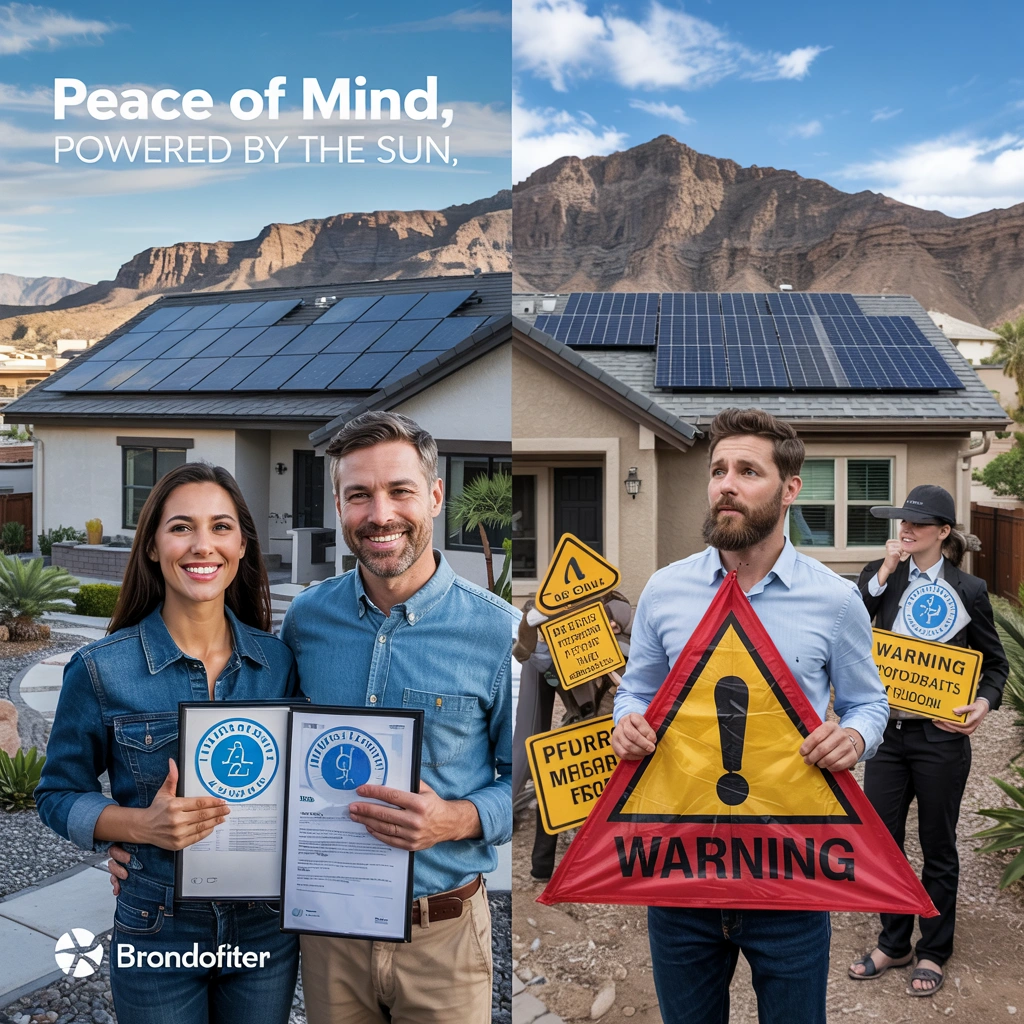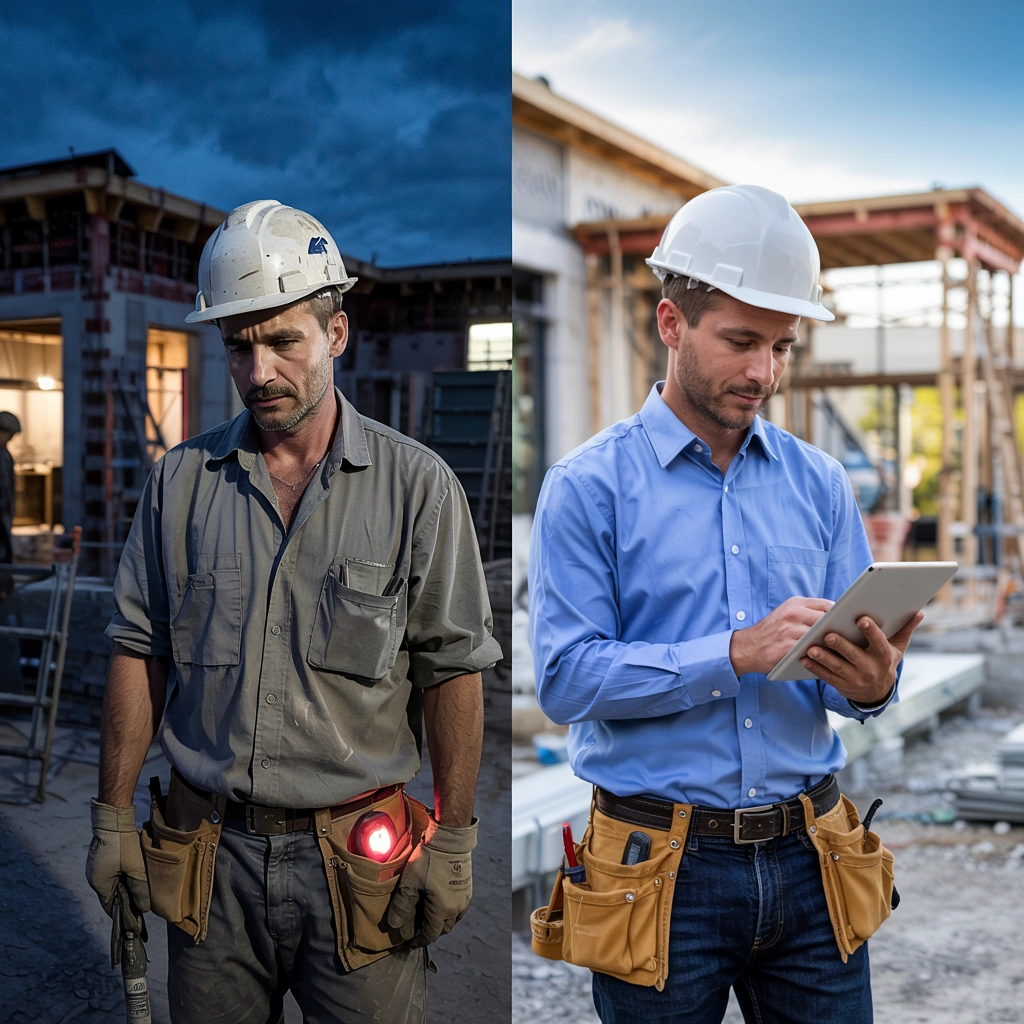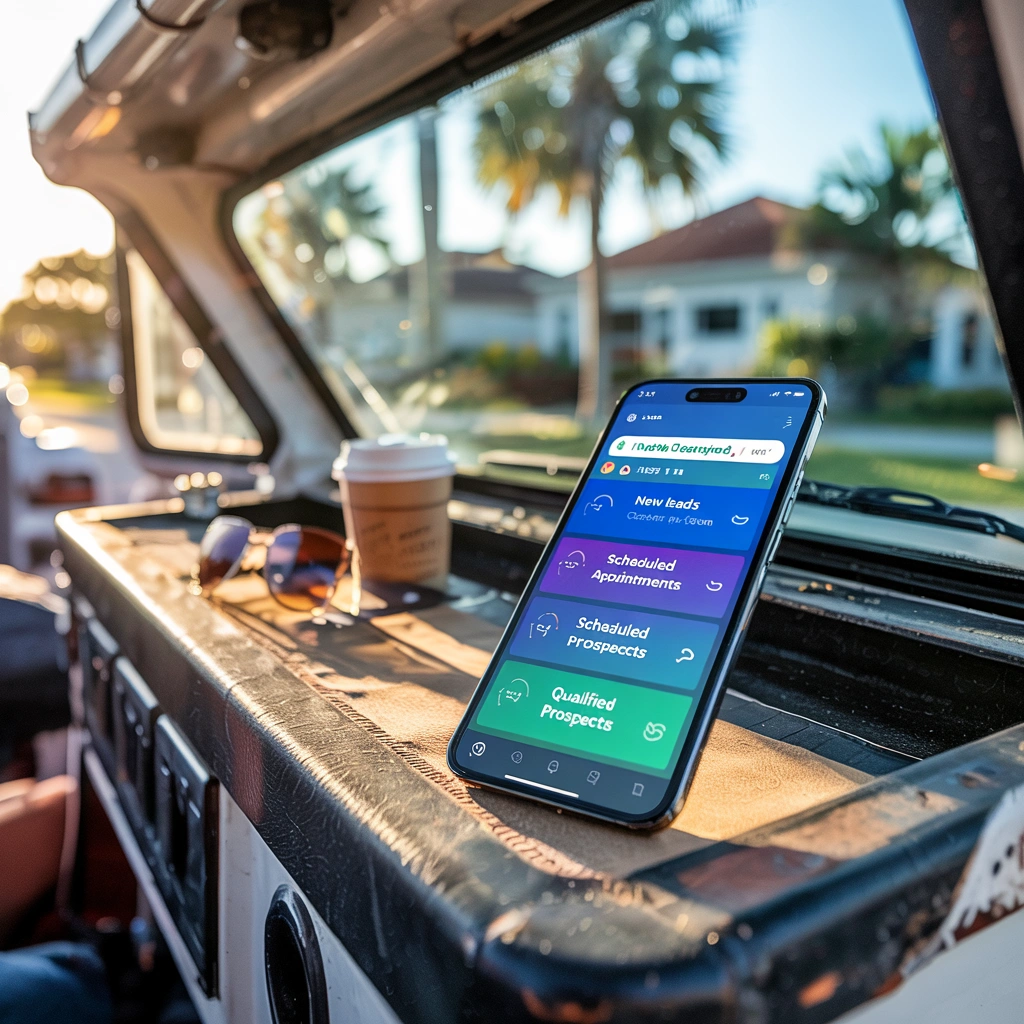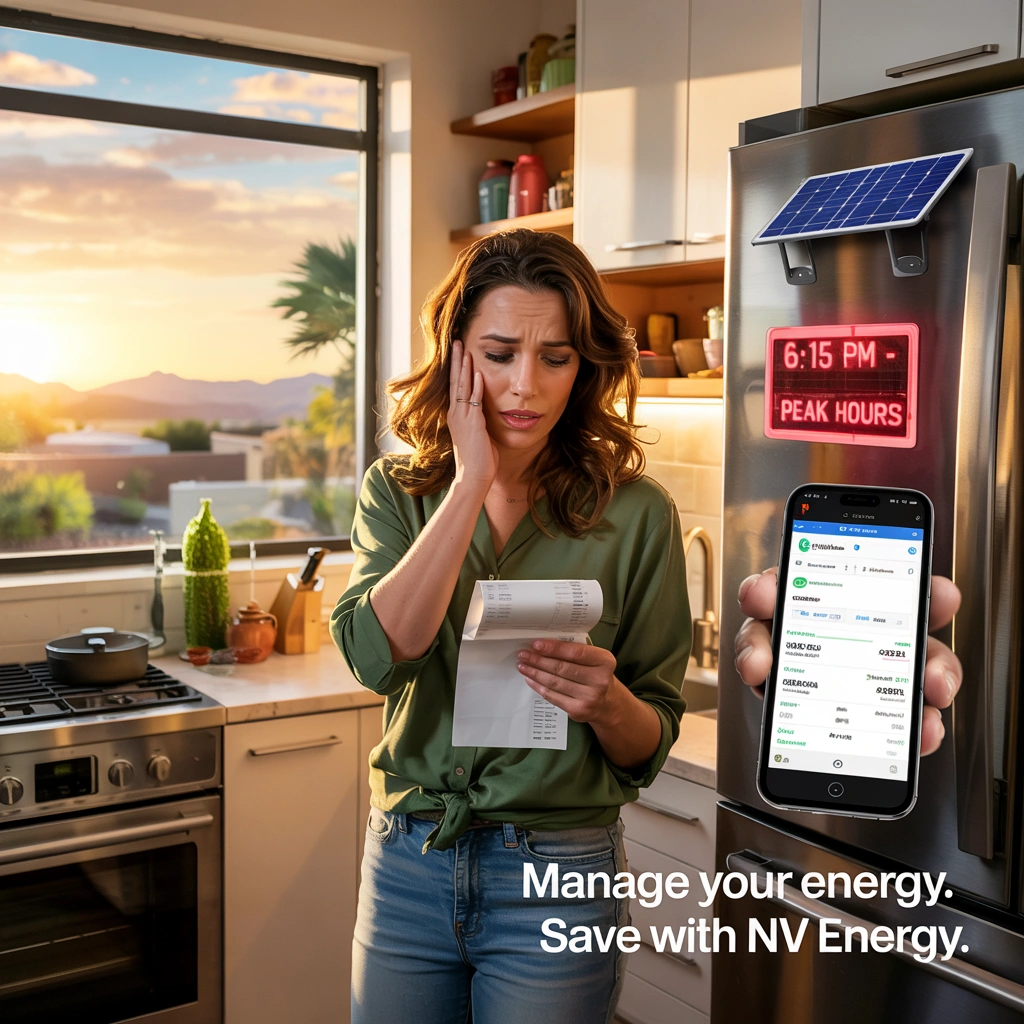
Summary: Nevada homeowners are losing hundreds of thousands to solar scams, with 20-33% of contractor complaints involving fraudulent solar companies. But there’s a new law that could change everything – and specific red flags you need to know before signing any contract.
Key Takeaways
- Approximately 20-33% of contractor complaints in Nevada involve solar companies, making the state a hotspot for solar scams
- Senate Bill 293, effective January 1, 2024, strengthens consumer protections by requiring solar salespeople to be licensed or W-2 employees of licensed contractors
- Solar contractors can be verified through the Nevada State Contractors Board’s C-2, C-2g, C-37, or C-1 electrical classification systems
- Contract down payments are legally capped at $1,000 or 10% of the total cost, whichever is lower
- Multiple red flags exist that Nevada homeowners can recognize to avoid costly solar scams
Nevada homeowners face unique challenges when considering solar panel installation. The state’s abundant sunshine makes solar attractive, but it also creates a breeding ground for dishonest companies targeting unsuspecting residents.
Nevada Sees Major Increase in Solar Scam Complaints
The Nevada State Contractors Board reports that approximately 20-33% of the 3,000 complaints it receives annually are related to solar companies. This alarming statistic highlights why Nevada has become ground zero for solar scams across the United States. The problem became so severe that state officials launched a specialized Solar Investigations Unit in 2024 to combat fraudulent practices.
Recent cases demonstrate the severity of these scams. In April 2024, a manager at a Las Vegas solar company was arrested and charged with stealing nearly $250,000 from older homeowners by demanding upfront payments and never performing the work. Educational resources about legitimate solar marketing practices help Nevada homeowners make informed decisions.
The combination of Nevada’s high solar potential, attractive tax incentives, and vulnerable consumer populations creates the perfect storm for scammers. These companies often target older people and lower-income households with promises of free installations and government programs that don’t exist.
Red Flags That Signal Solar Scams
1. Free Solar Panel Promises
No legitimate company gives away solar equipment for free. Companies making “free solar panels” promises typically involve lease agreements or Power Purchase Agreements, where homeowners never own the system. Under these arrangements, residents pay monthly fees for 20 to 25 years without qualifying for federal tax credits. When selling the home, new buyers must agree to take over the contract, making the property harder to sell.
2. Door-to-Door High-Pressure Sales
Legitimate solar companies rarely use aggressive door-to-door sales tactics. Nevada recognized this problem and passed legislation requiring solar salespeople to be employees of licensed contractors, not independent contractors. Companies that pressure immediate decisions or claim special, limited-time offers are using classic scam techniques.
3. Fake Government or Utility Affiliation
Scammers frequently claim special relationships with NV Energy or government agencies to create false credibility. Remember that utilities and government agencies don’t sell or install solar panels. They provide information and incentives but never work as sales representatives for solar companies. Any claims of government affiliation should trigger immediate skepticism.
Senate Bill 293 Strengthens Consumer Protections
Key Provisions and Requirements
Senate Bill 293, which went into effect on January 1, 2024, requires independent contractors selling solar panels to be licensed by the State Contractor’s Board or be hired as W-2 employees by a licensed individual. This change increases accountability and reduces fly-by-night operations that previously exploited regulatory loopholes.
The law also mandates enhanced contract disclosures and requires contracts to be in the customer’s preferred language to ensure homeowners make informed decisions. Companies must provide clear information about costs, financing terms, and performance expectations, helping residents avoid costly misunderstandings.
Three-Day Cooling-Off Period Protection
Nevada law provides a three-day cooling-off period for contracts signed in a homeowner’s residence, allowing cancellation without penalty during this time. This protection must be communicated to customers both verbally and in writing. Homeowners should use this period to verify contractor credentials and compare multiple quotes.
Verifying Legitimate Solar Contractors
1. Check Active Nevada License at nscb.nv.gov
Nevada requires solar installers to hold specific licenses through the Nevada State Contractors Board. Verifying a contractor’s license takes just minutes by visiting nscb.nv.gov and searching their database. Look for “Active” status and check for any disciplinary actions or complaints against the contractor. Consumers can also call (775) 688-1141 or (702) 486-1100 for verification assistance.
2. Confirm Proper Electrical Classification
Solar work falls under various electrical contracting classifications, including C-2, C-2g for photovoltaics, C-37, or C-1 with specific sub-classifications. NV Energy requires all non-incentive solar installations to be performed by a Nevada-licensed electrical contractor with appropriate classification. This licensing ensures installers have proper training and accountability for electrical work.
3. Verify Insurance and Bonding
Licensed contractors must carry insurance and bonding. Request current certificates of insurance directly from their insurance companies, not just copies from the contractors. This verification protects homeowners if accidents occur during installation and ensures financial protection against contractor default.
4. Research Company Reputation
Research companies through multiple sources, including Better Business Bureau ratings and recent customer reviews. Look for patterns in complaints and how companies respond to problems. Avoid companies with numerous unresolved complaints or poor customer service records. Check online reviews across multiple platforms for detailed feedback.
Contract Terms That Should Raise Alarms
Down Payment Cannot Exceed $1,000 or 10%
Nevada law protects homeowners through specific payment limits. Down payments cannot exceed 10% of the total contract value or $1,000, whichever is less. Any contractor demanding larger down payments violates state law. Payment schedules should align with work completion, and Nevada law prohibits payments exceeding 100% of completed work at any time, except for the initial down payment.
Escalator Clauses Increase Costs Over Time
Red flags in solar contracts include steep escalator clauses that increase payments annually. These clauses can significantly increase total costs over the contract lifetime. Other warning signs include difficult transfer clauses when selling the home, hefty termination costs, and a lack of transparency about pricing and equipment. Contracts should clearly specify exact equipment brands and models, not vague descriptions like “premium panels.”
Where to Report Solar Scams in Nevada
Nevada State Contractors Board Solar Unit
The Nevada State Contractors Board created a specialized Solar Investigations Unit to combat rising solar scams. This unit investigates complaints, provides educational workshops, and helps homeowners access recovery funds when contractors fail to perform. The Residential Recovery Fund provides financial assistance to victims when licensed contractors fail to complete work or perform defective work.
Reporting Options for Solar Complaints
File complaints with the Nevada State Contractors Board for solar-related issues involving licensed contractors. The Public Utilities Commission of Nevada also handles certain solar complaints. For broader consumer protection issues, contact the Nevada Attorney General’s Bureau of Consumer Protection. Report federal crimes to the Federal Trade Commission at ReportFraud.FTC.gov for interstate fraud investigations.
M&J Trusted Marketing Helps Nevada Homeowners Make Informed Solar Decisions
Understanding legitimate solar marketing versus high-pressure sales tactics helps Nevada homeowners make informed decisions. Reputable companies focus on education rather than creating artificial urgency. They willingly provide detailed documentation, encourage multiple quotes, and support careful decision-making processes.
Legitimate solar companies welcome questions and provide time for careful consideration. They explain technical details, financing options, and realistic performance expectations. Any company that pressures quick decisions or avoids transparency should be rejected immediately.
Nevada’s abundant sunshine makes solar an excellent investment when homeowners work with honest, qualified professionals. The enhanced consumer protection laws provide strong safeguards, but educated consumers remain the best defense against fraudulent practices. Taking time to verify credentials, understand contract terms, and research companies thoroughly prevents financial problems that could last decades.
For Nevada homeowners seeking trusted guidance on solar marketing strategies and consumer protection resources, M&J Trusted Marketing provides expert insights to help residents make informed solar investment decisions.
Frequently Asked Questions
How Solar Installation Companies Can Leverage This Content
This informative article, “The Nevada Homeowner’s Solar Scam Protection Checklist: How to Avoid a Bad Contract.” can be adapted and repurposed across multiple marketing formats to help increase website traffic for kitchen remodeling services, build trust with potential clients, and differentiate their services in a competitive market. We help with “From Article to Action: Using Digital Content to Fill Your Solar Installation Pipeline“ by transforming technical content into powerful marketing campaigns across all digital channels, ensuring maximum reach and engagement with potential customers.







